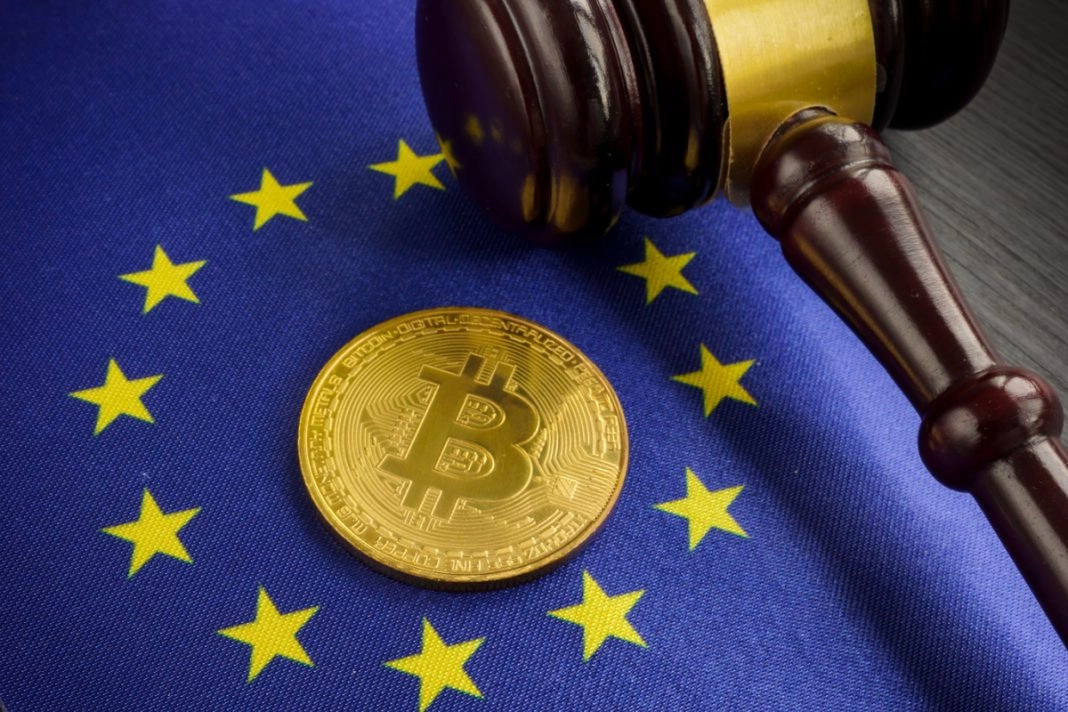Fabio Panetta, Executive Board Member of the European Central Bank (ECB), has likened crypto trading and investment as a ‘vehicle for gambling’.
The ECB exec wrote on the bank’s website that unbacked cryptocurrencies “lack any intrinsic value” and are used primarily for investment to sell at a higher price.
Whilst Panetta has assured investors that the crypto markets crash throughout 2022 did not affect the overall financial system to a large extent, he is, however, not certain whether or not cryptocurrencies will self-implode.
The crypto market endured one of its most turbulent years in its relatively recent history, experiencing two major collapses in FTX and Terra which has plummeted valuations and prices across the entire sector to levels before the 2021 boom.
Panetta explained that the volatile crypto market is intertwined with the nature of the investors gambling on crypto prices and explains the importance why regulation must come into effect sooner rather than later.
He wrote: “Unregulated crypto assets can be used for tax evasion, money laundering, terrorist financing and the circumvention of sanctions. They also have high environmental costs.
“That is why we cannot afford to leave cryptos unregulated. We need to build guardrails that address regulatory gaps and arbitrage and tackle the significant social costs of crypto head-on.
“Regulators must walk a tightrope. They must resist the beguiling crypto sirens to avoid falling prey to the industry’s intense lobbying.”
The European Union (EU) has been one of the more proactive governing body’s pertaining to regulating crypto and digital assets. Its Markets in Crypto Assets (MiCA) bill was signed off last summer and will come into effect in 2024, ruling that all crypto transaction data within Europe must be traced back to a digital asset service provider.
Panetta reveals that although he would like the MiCA bill to be implemented as soon as possible, he notes that further work needs to be done to regulate crypto lending and non-custodial wallets.
The ECB board member goes onto double-down that cryptocurrencies should be treated as a form of gambling and follow similar rules to that of the European Commission’s rules for online gambling.
He added: “Regulation should acknowledge the speculative nature of unbacked cryptos and treat them as gambling activities. Vulnerable consumers should be protected through principles similar to those recommended by the European Commission for online gambling.
“To avoid the risk of regulation lagging behind because of the time needed for legislative processes, regulators and supervisors need to be empowered to keep pace with crypto developments.”




















